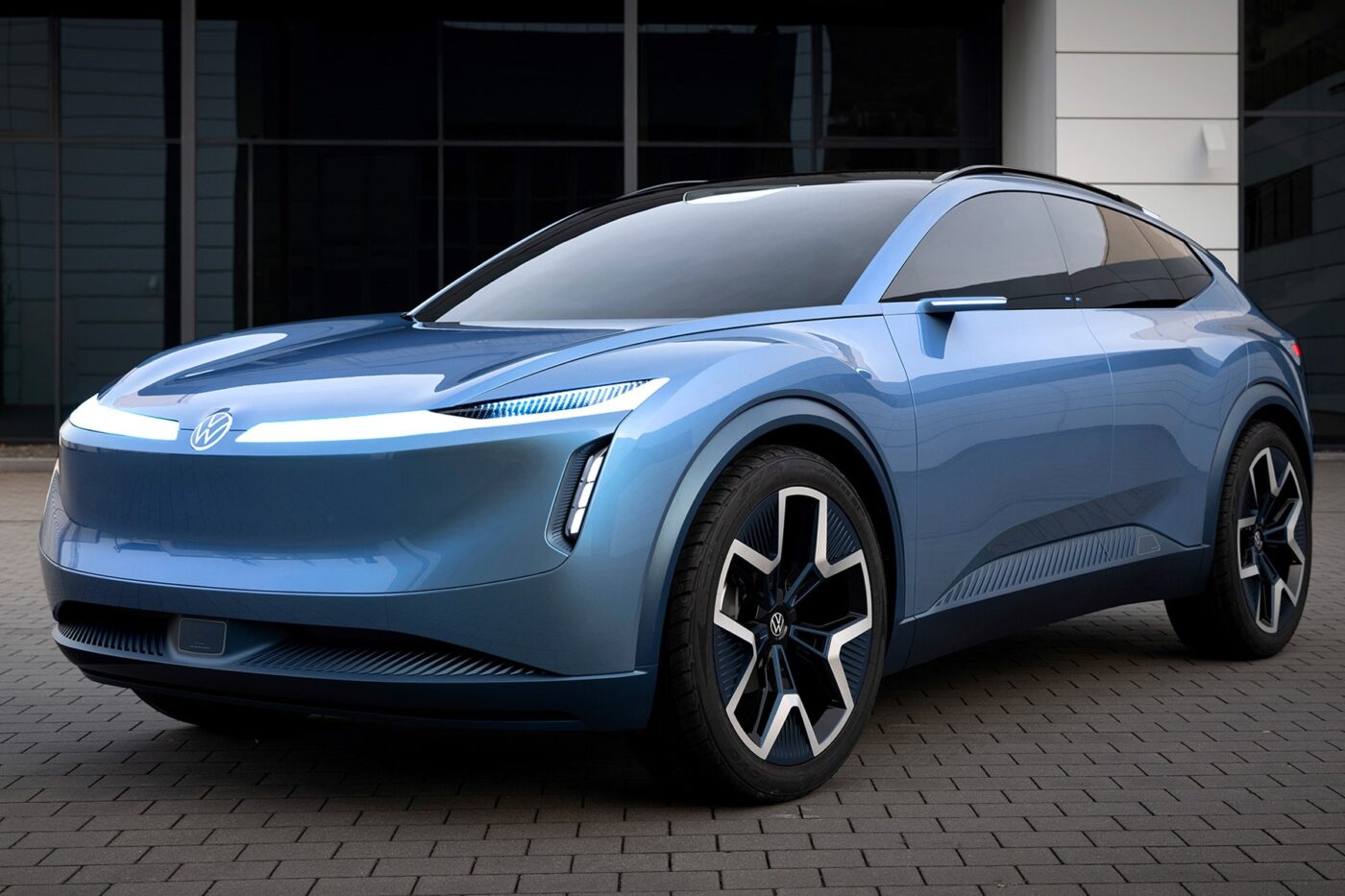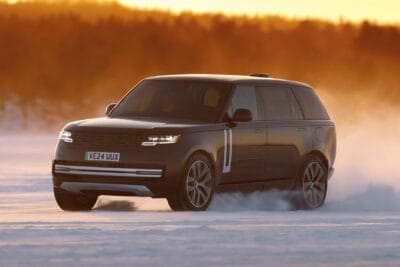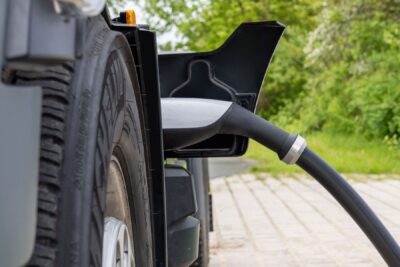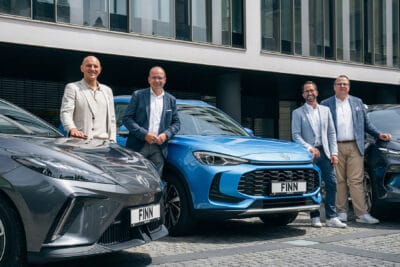VW invests €120 billion in electrification and digitalisation
The Volkswagen Group will continue to make significant investments in its combustion vehicles. A third of the approximately 180 billion euros planned up to and including 2028 will “still be allocated to keeping our combustion cars competitive,” CFO Arno Antlitz told Automotive News. “The future is electric, but the past is not over. It is a third and it will stay a third,” Antlitz said. The remaining two-thirds will flow into electrification and digitalisation.
The fact that the level of investment is likely to remain constant at 180 billion euros until 2028 was already reported at the beginning of February, citing insiders – given the austerity programme that had been adopted, there was also speculation about reduced investment. At that time, however, there was only talk of a “large proportion” of the budget being channelled into developing, constructing and marketing new models with electric drives.
An important project during this period will be the development of the new SSP. Countless electric cars from the Group’s various brands will be based on the ‘Scalable Systems Platform.’ The SSP will be designed to potentially replace the current MEB for the compact and mid-size class, as well as the PPE for premium vehicles. The platform’s debut has been announced for 2028 – the first model could be the VW Trinity as the flagship, but the ninth generation of the VW Golf is also repeatedly associated with the SSP.
The article does not mention the impact of the failed talks with Renault about cooperating on small electric cars on the VW investment budget. VW and the French competitor had explored the possibility of jointly developing and building the planned €20,000 electric cars – Renault’s was the Twingo E-Tech Electric, and VW’s was the potential ID.1 model. Following the cancellation of the cooperation, VW confirmed that it would develop the vehicle on its own, which is potentially more expensive than a joint project. However, there are no figures on this.
At the same time, VW admits that the Group will have to compensate for falling BEV sales with more plug-in hybrids – but no figures are given for this statement either. VW is making less progress than planned with its electric offensive, which started under Group CEO Herbert Diess. In the first quarter, the Group’s electric sales fell by three per cent, with Europe in particular weakening. In the important sales market in China, VW has changed its strategy and invested in a new development centre and new partnerships such as with Xpeng – but it will be sometime before the results of this cooperation are visible on the road and in the sales statistics.
The battery subsidiary PowerCo is also making slower progress than initially planned. PowerCo still wants to start production in 2025, but according to Antlitz, ramping up the battery factories to full capacity could take longer. The original plan was for PowerCo to supply battery cells for around three million electric cars by 2030. By then, electric vehicles were expected to account for 70% of Group sales.
autonews.com, bnnbloomberg.ca (PowerCo)





0 Comments